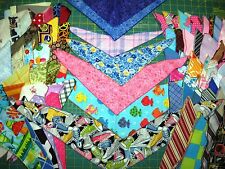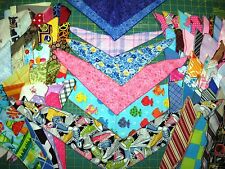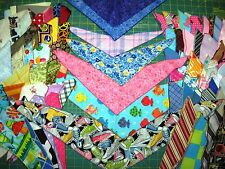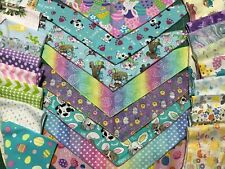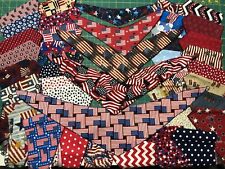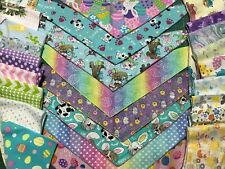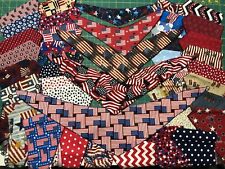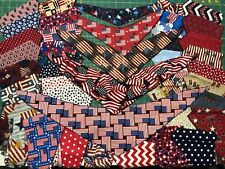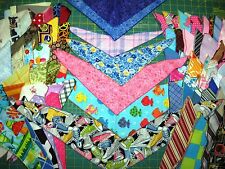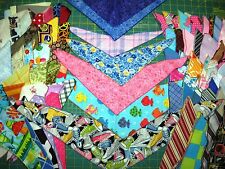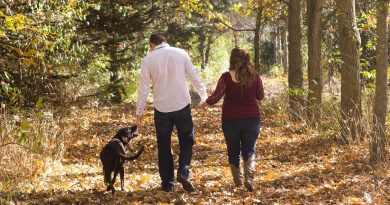9 People-Foods You Should Never Give to Your Dog

We all love our pups and want to spoil them. Although some people-foods, like carrots and lean meats, are perfectly fine in small amounts, many foods can be surprisingly dangerous for dogs. Here are nine people-foods you should never give to your dog.
1. Popcorn
Plain, air-popped, unsalted, unbuttered popcorn may be okay in small amounts. But let’s be honest: how often are you enjoying plain, unsalted, unbuttered, un-delicious popcorn?
For dogs, high levels of fat and sodium typically found in popcorn can lead to dehydration in the short term and obesity in the long term. In addition, the hard, un-popped kernels can hurt teeth and gums on the way in.
Instead, give low-calorie dog treats for a safe, crunchy snack or make some dehydrated fruit or veggie chews as a healthy homemade option.
2. Avocado
The true issue with avocados? The skin and leaves, which contain persin, an oil-soluble toxin that can be dangerous to non-human mammals. The ASPCA says that pets sensitive to persin may experience “respiratory distress, congestion, fluid accumulation around the heart, and even death.”
Avocado is safe if you avoid the skin and leaves—so it’s ok as an ingredient in dog foods, for example. In general, dogs are not as susceptible to persin poisoning as animals like horses, but it’s better to be safe than sorry.
3. Macadamia Nuts
Nobody’s sure exactly what about macadamia nuts is toxic to dogs, only that they can cause vomiting, ataxia (the loss of control of body movements), weakness, and depression. In other words, macadamia nuts can make dogs very, very ill.
Thankfully, most dogs recover without any specific treatment. So if your pup accidentally eats a macadamia nut, a full recovery is expected.
4. Grapes
Grapes are among the people foods most toxic to dogs. Of all the dangerous foods for dogs, they are among the worst, which surprises many people.
In dogs, grapes can lead to kidney failure and even death, and it’s unclear why it affects certain dogs and not others. In this case, it’s definitely better to be safe than sorry. Instead, try blueberries for your dog.
5. Onions and Garlic
Garlic and onions belong to the Allium plant family and are toxic to dogs in any form, whether fresh, cooked, dried, or even garlic powder and onion powder.
Allium plants damage dogs’ red blood cells, decreasing oxygen flow, and can also lead to anemia, which may cause organ damage. So think twice before you slip your dog an onion ring at the drive-thru.
6. Tomato Plants (Raw Potatoes, Too)
Ripe tomatoes themselves aren’t on the list of dangerous foods for dogs, but if your dog ingests a green, unripe tomato or the leafy green part of the plant (including stems), watch out. Unripened tomatoes and tomato plants contain a toxin called solanine that can cause gastrointestinal distress, lethargy, weakness, and confusion.
Green potatoes can cause the same problem, so while it’s okay to sneak your dog a spoonful of mashed potatoes here and there, don’t let her gnaw on a raw one. Instead, try sweet potato jerky for a healthy starch. You can even make your own!
7. Coffee and Tea
We all know theobromine, the flavorful chemical in regular, dark chocolate, and white chocolate is toxic for canines, but did you know that caffeine is also one of the most dangerous foods for dogs? Caffeine is a powerful stimulant, and according to the ASPCA, it can cause “vomiting, diarrhea, increased thirst, restlessness, and an increased heart rate” in pets.
Early treatment is key to preventing more serious problems, so if you know that your dog has ingested coffee, tea, or an energy drink, don’t wait for symptoms to show up. Get to the vet right away.
8. Dairy (Yes, Even Cheese)
This one is a huge surprise: dairy can be really bad for your dog. Cheese is a popular dog training treat, and it’s not really one of the most dangerous foods for dogs. However, too much cheese can cause constipation or diarrhea in the short term, and in the long term, obesity and lasting gastrointestinal issues.
As with humans and dairy, some dogs will be more sensitive than others. Check with your vet if you have concerns.
9. Sugar-Free Gum
The problem here is a sweetener used in many sugar-free candies and gums. Xylitol is a naturally-occurring substance in popular use as an alternative sweetener—and it’s deadly to dogs.
Xylitol ingestion causes life-threatening hypoglycemia (dangerously low blood sugar). Be extra careful about where you store your gum and double-check labels of sugar-free foods for this sweetener. It can occur in sugar-free peanut butter, sugar-free toothpaste, and more.
The Bottom Line
Some people food is safe for pups, such as lean meats, carrot sticks, and many fruits and veggies. If your dog isn’t lactose intolerant, then plain Greek yogurt or cottage cheese can be enjoyed in small amounts, too. It’s okay to treat your dog to a nibble of your food on occasion but steer clear of the stuff with noted dangerous effects.

